Healthy Nuts and Nutrition
Healthy Nuts are a great snack to have on hand because they are crunchy, satisfying, and healthful. They’re high in fiber, omega-3 fatty acids, and plant protein. Furthermore, they’re delicious on their own, with fruit, or in salads, desserts, and grains.
Furthermore, evidence suggests that consuming more nuts can help you maintain a healthy weight and lower your risk of some health problems, such as heart disease.
Nuts are also a great snack for children. According to studies, including nuts in your child’s diet can help them consume more protein, healthy fats, and fiber.
Nuts come in a wide range of textures, tastes, and nutritional profiles.
Healthy Nuts to your diet.
1. Pistachios
Pistachios have been consumed since 6,000 B.C., and their name comes from the Greek word pistákion, which means “green nut” (12Trusted Source).
These colorful nuts are high in nutrients yet low in calories and fat compared to other nuts.
A single ounce of pistachios (28 grams) includes Pistachios include a variety of nutrients, including vitamin B6, which your body need for nutrient metabolism and immunological function .
These nuts are also high in plant chemicals such as the carotenoids lutein and zeaxanthin, as well as anthocyanins, flavonoids, and proanthocyanidins, all of which have anti-inflammatory and antioxidant qualities.
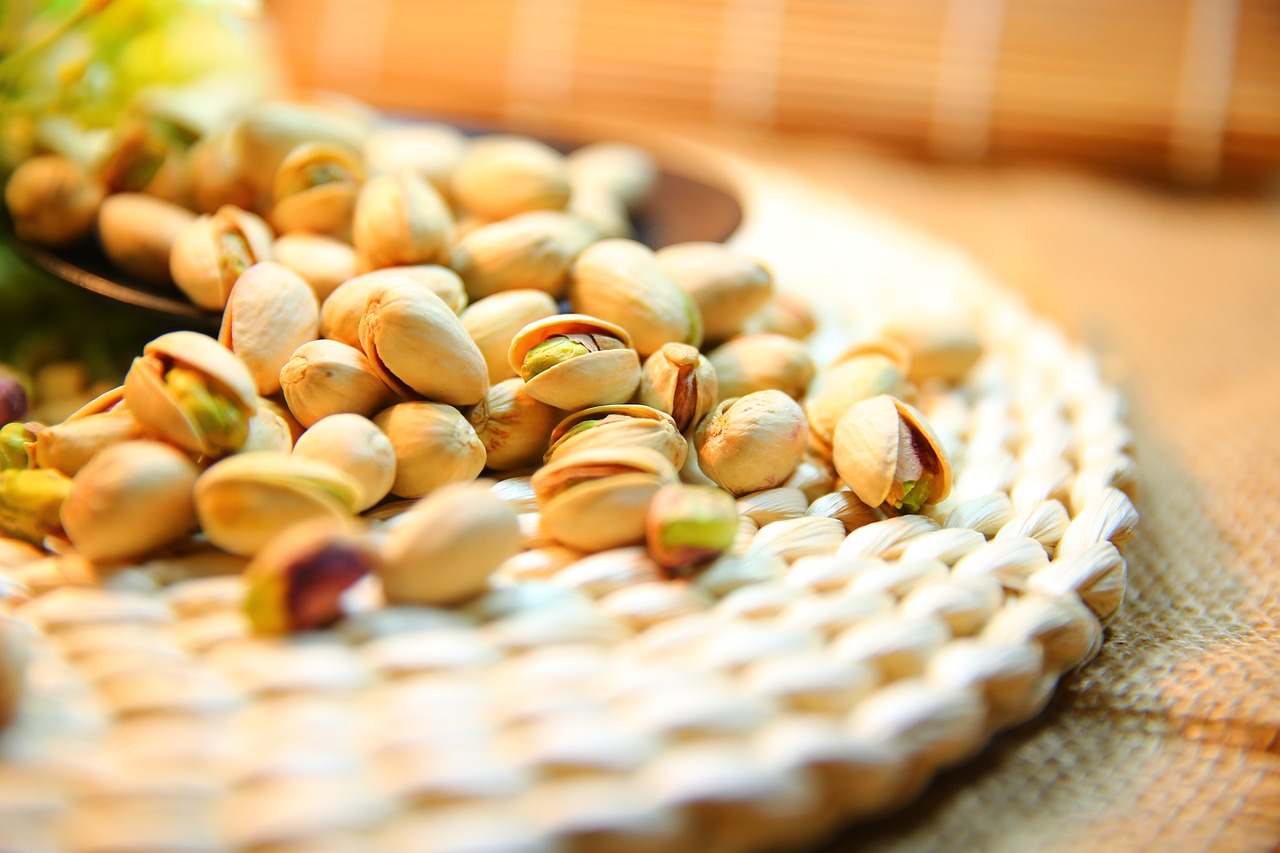
In a four-month trial involving 100 overweight persons, one group consumed 1.5 ounces (42 grams) of pistachios per day while also participating in a group-based behavioral weight management program, while the other group did not.
The two groups dropped about the same amount of weight, but the pistachio group had significantly lower blood pressure and significantly higher blood antioxidant levels. Furthermore, they consumed more fiber and consumed less sweets than the control group.
Anti-inflammatory and antioxidant substances abound in pistachios. They may also help with blood pressure and other health indicators.
***************
Healthy Nuts
Almonds, pistachios, walnuts, peanuts, and hazelnuts are high in protein, fat, fiber, vitamins, and minerals, among other nutrients.
Nuts, when consumed as part of a nutrient-dense diet, may help to lower your risk of heart disease and boost your immune system, among other things.
Nuts are also versatile and tasty. You can eat them by themselves or with other healthy foods like fruits and vegetables.
**********************
2. Healthy Nuts – Walnuts
Walnuts, which are high in copper and manganese, may help to improve heart and brain function.
Walnuts have a high nutritional profile and are connected to a variety of health advantages. In just one ounce (28 grams), there are
Copper is a mineral that your body requires to manufacture enzymes involved in energy production and neurotransmitter synthesis, and these nuts are a good source of it. Copper is also beneficial to immunological function, blood vessel growth, and other processes.
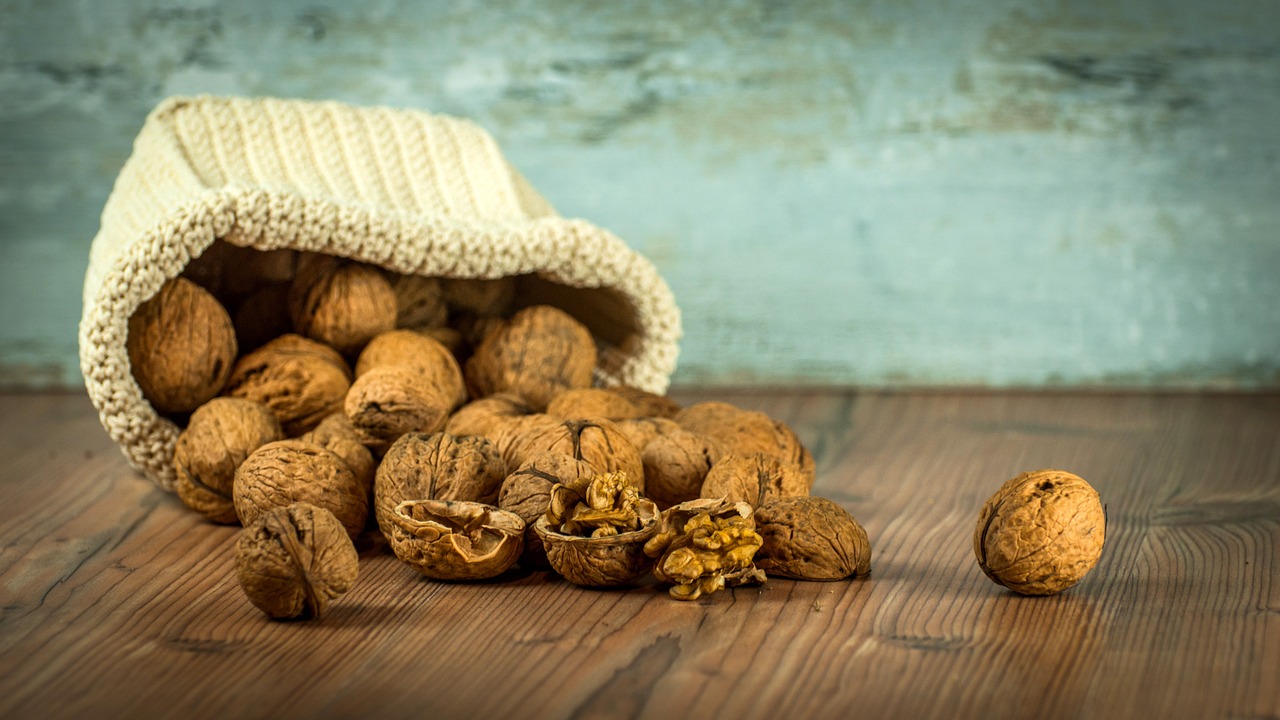
Walnuts have been demonstrated to improve heart health and may lower numerous risk factors for heart disease, including high blood pressure, LDL (bad) cholesterol, and triglyceride levels .
Furthermore, human and animal studies suggest that ingesting 1–2 ounces (28–57 grams) of walnuts per day can improve brain function and lower dementia risk factors like heart disease and type 2 diabetes .
Although these findings are encouraging, more research is required.
3. Almonds Healthy Nuts
Almonds are extremely popular due to their delicious flavor, high nutrient profile, and low price. They can be eaten raw or roasted, and almond butter, flour, and milk are frequently prepared from them.
Pistachios include a variety of nutrients, including vitamin B6, which your body need for nutrient metabolism and immunological function
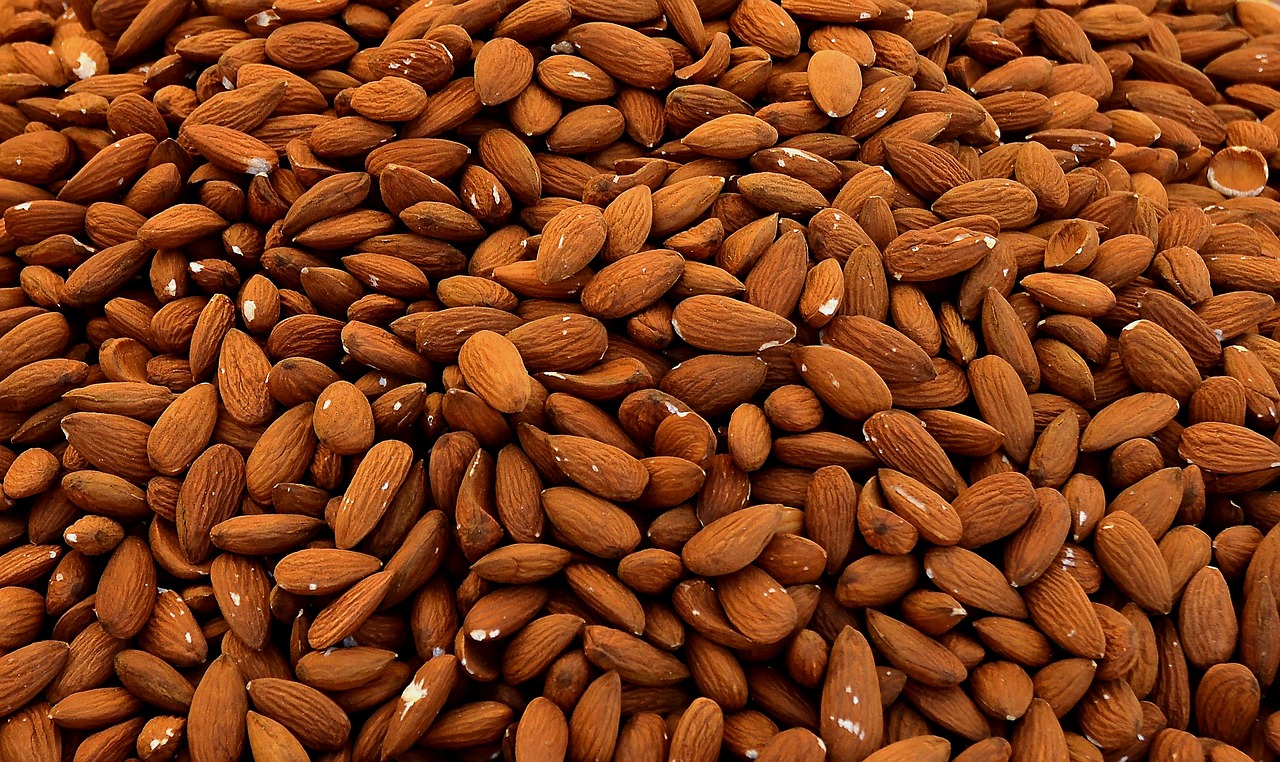
These nuts are also high in plant chemicals such as the carotenoids lutein and zeaxanthin, as well as anthocyanins, flavonoids, and proanthocyanidins, all of which have anti-inflammatory and antioxidant qualities
In a four-month trial involving 100 overweight persons, one group consumed 1.5 ounces (42 grams) of pistachios per day while also participating in a group-based behavioral weight management program, while the other group did not.
The two groups dropped about the same amount of weight, but the pistachio group had significantly lower blood pressure and significantly higher blood antioxidant levels. Furthermore, they consumed more fiber and consumed less sweets than the control group.
4. Healthy Nuts – Cashews
Cashews have been shown in several trials to enhance blood fat levels and lower blood pressure. Vitamin K and minerals like magnesium and manganese are also present.
Cashews have a crunchy texture and a creamy mouthfeel that complements savory and sweet recipes alike. They can be eaten raw, roasted, or ground into nut butter.
Protein, vitamin K, magnesium, and manganese are all important for bone health, and these nuts are a rich source of them.
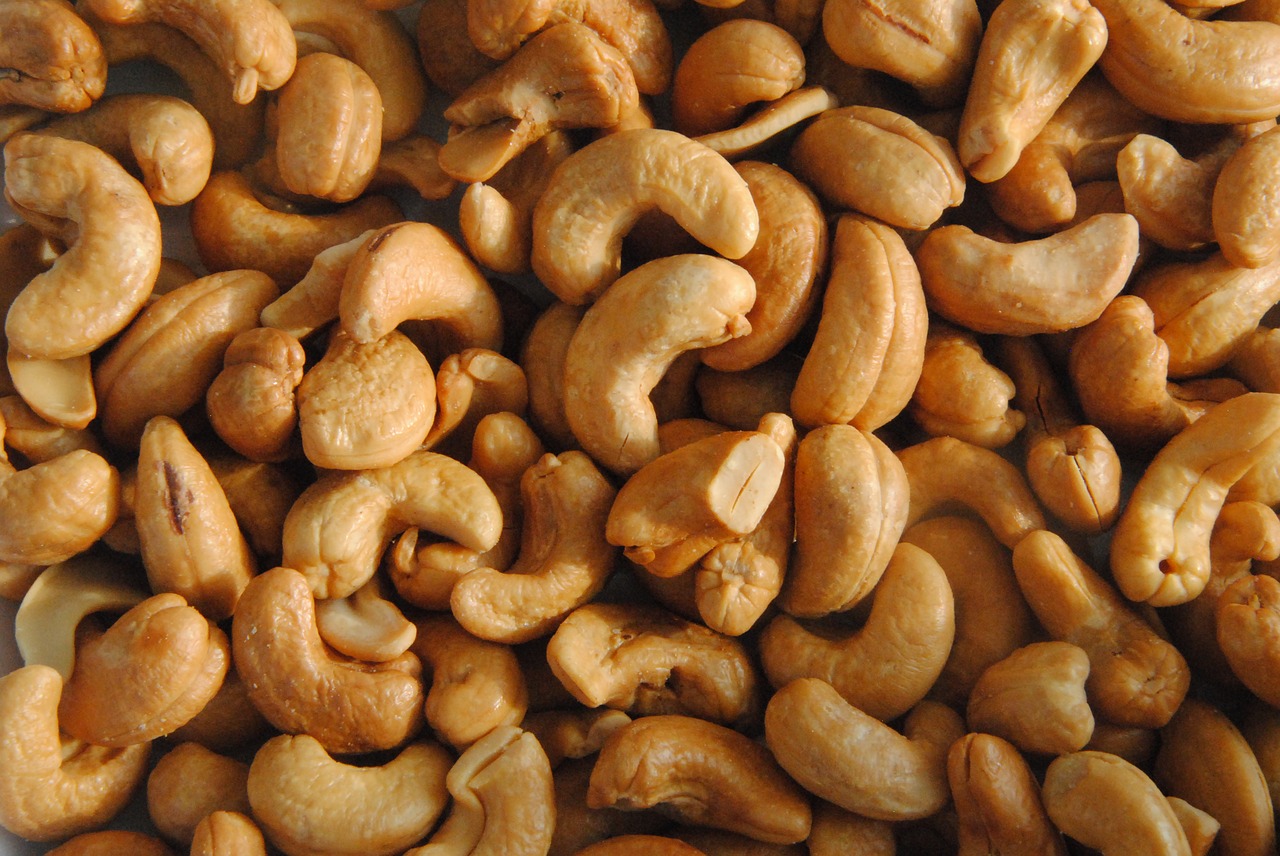
Several studies have looked into whether cashew-rich diets help metabolic syndrome symptoms, which include high blood pressure, high blood fat levels, high blood sugar, and belly fat, all of which raise your risk of heart disease and diabetes.
A study of five research indicated that consuming cashews reduced blood pressure and lipid levels significantly
However, some studies have found conflicting results, indicating that more research is required.
5. Brazil nuts
Healthy Nuts,Brazil nuts are high in a variety of minerals, including the mineral selenium.
A serving of includes 1 ounce (28 grams) of Vitamin E and magnesium, a mineral required for blood sugar and blood pressure regulation, neuron function, and energy production, are abundant in Brazil nuts
Furthermore, these nuts are one of the best sources of selenium in the diet, a mineral that your body need for vital processes such as thyroid hormone production and DNA synthesis
To prevent surpassing the upper limit of 400 mcg, which can lead to selenium toxicity, restrict your intake to a few nuts each day.
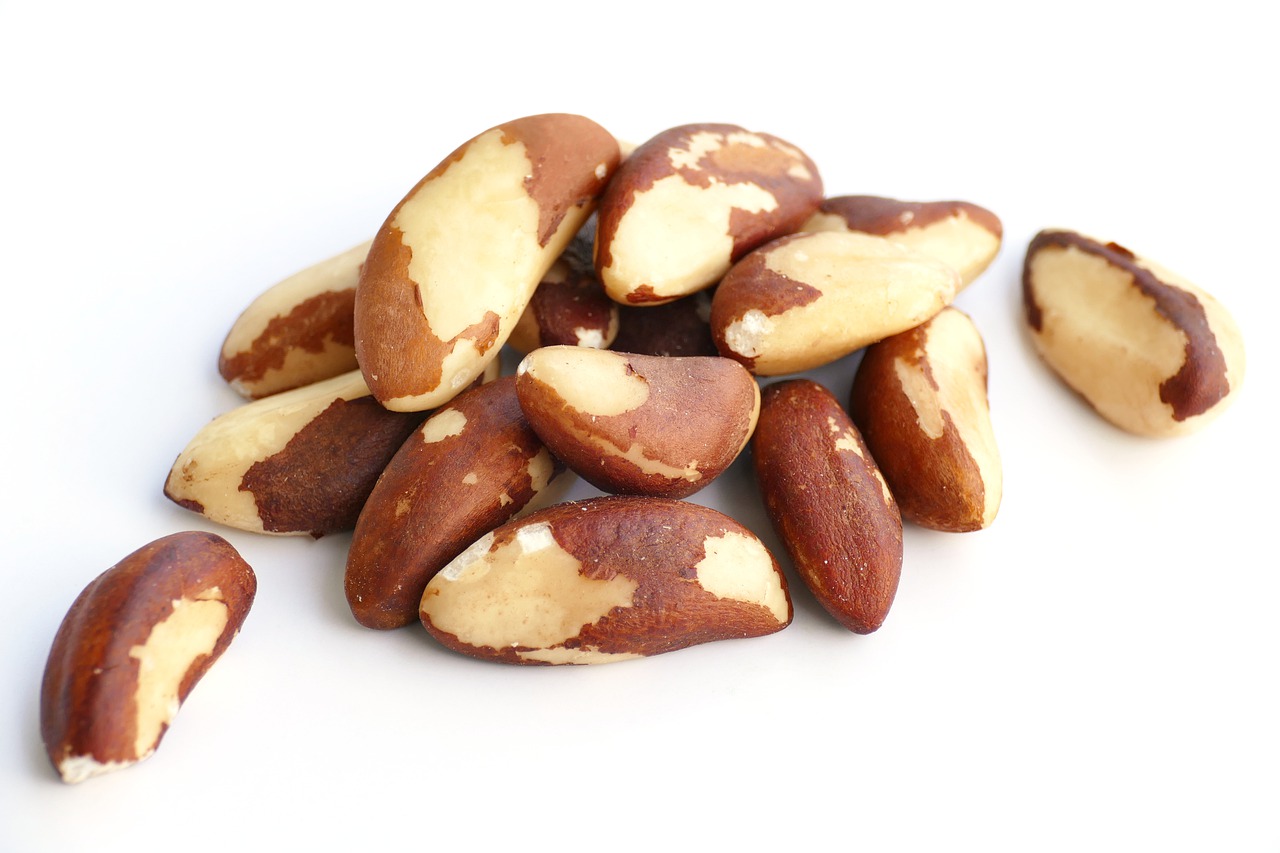
Still, consuming too much selenium via supplements rather than food is more likely to cause this problem.
While the amount of selenium in Brazil nuts varies depending on a variety of conditions, this mineral is a potent antioxidant that may protect against oxidative damage.
Brazil nuts are high in selenium, a mineral that acts as an antioxidant and is essential for thyroid function.
6. Healthy Nuts – Pecans
Pecans are high in zinc and manganese, which are both essential elements. They may help with heart health, among other things.
Pecans are a moderate nut that is commonly used in cakes, pies, salads, and grains.
One ounce of roasted pecans (28 grams) gives
Pecans, like other nuts, are high in beneficial fats, fiber, vitamins, and minerals.
They’re a good source of zinc, a mineral that helps with immune function, wound healing, DNA synthesis, and growth and development.
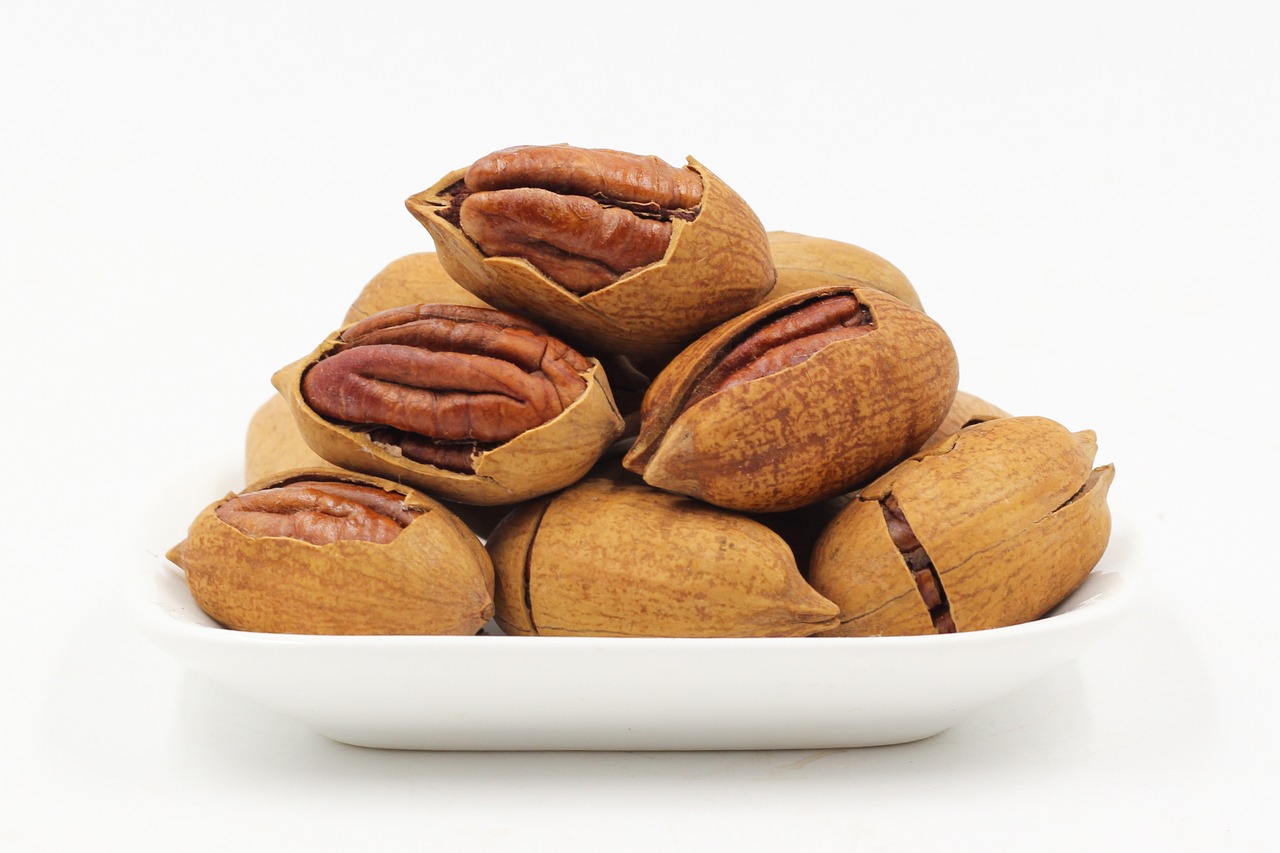
Pecans may also help with heart health, according to several studies.
When compared to a control group, individuals who ate pecans daily experienced significant reductions in LDL (bad) cholesterol and triglyceride levels, according to a small 8-week trial of 56 people at risk of heart disease.
7. Macadamia nuts
Healthy Nuts,Macadamia nuts are high in healthful fats as well as vitamins B1 and manganese, among other components.
Macadamia nuts have a buttery feel and are high in vitamins and minerals. 1 ounce (28.35 grams) provides
These nuts are strong in healthy fats and low in carbs compared to other nuts, making them a popular choice for low-carb dieters.
Including macadamia nuts in your diet can help you in a variety of ways. Eating tree nuts, such as macadamia nuts, has been found in studies to help lower LDL (bad) cholesterol, triglycerides, and blood sugar levels.
8. Peanuts
While peanuts are technically legumes, they have a nutritional profile that is similar to that of tree nuts, as well as similar health advantages and culinary purposes.
Healthy Nuts Peanuts are high in folate, a B vitamin that is especially important during pregnancy because of its role in fetal and placental development. One ounce (28.35 grams) of raw peanuts contains roughly Peanuts are a rich source of plant protein, which can help you feel full, and are high in folate, a B vitamin that is especially important during pregnancy because of its role in fetal and placental development .
Furthermore, research reveal that a diet high in nuts, such as peanuts, may be beneficial to heart health.
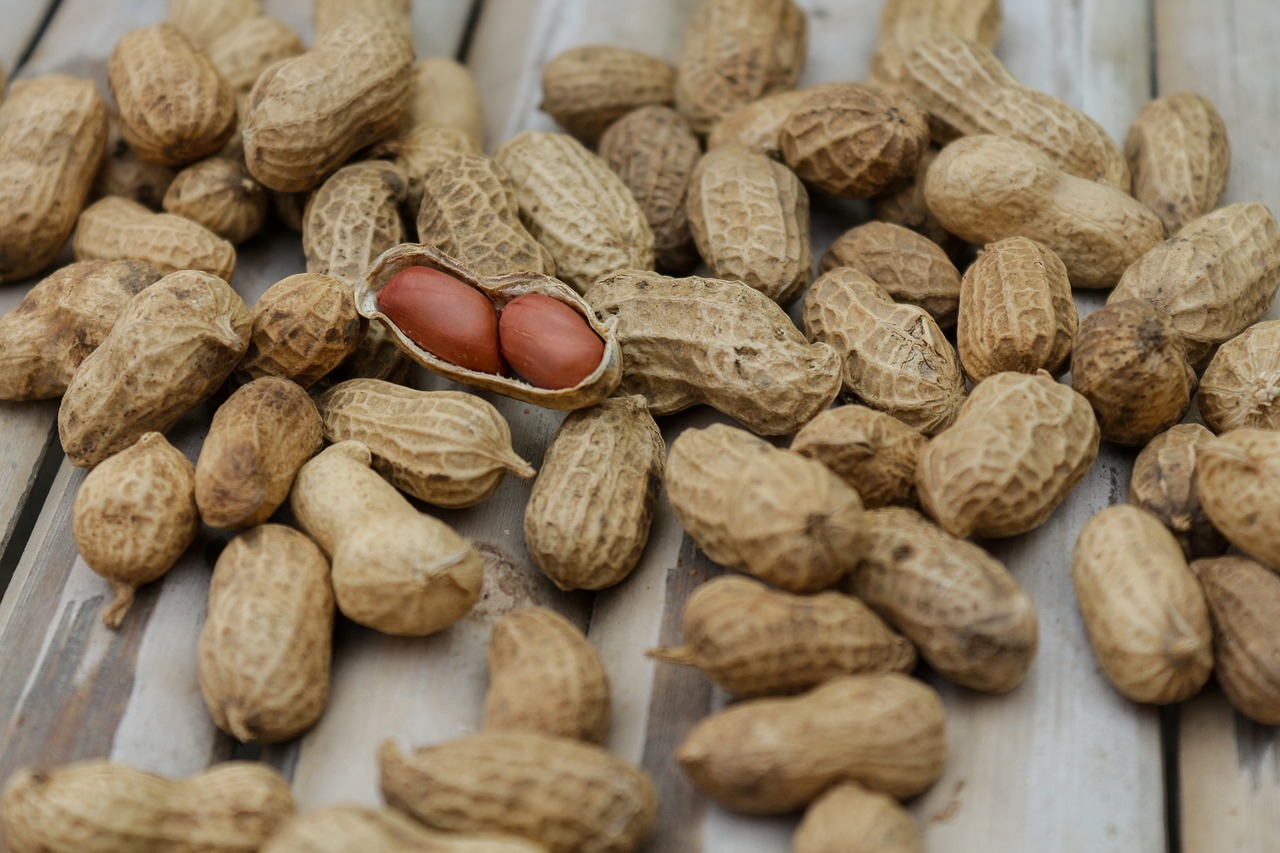
A study of over 200,000 participants found that eating peanuts and tree nuts twice a week or more reduced the risk of heart disease by up to 19 percent.
Peanuts, which are technically legumes, are high in B vitamins and may help lower your heart disease risk.
adoptinghealthy – Best nuts to lower cholesterol,Healthy Nuts and Nutrition,healthy nuts tips,healthy nuts report,healthy nuts deit

